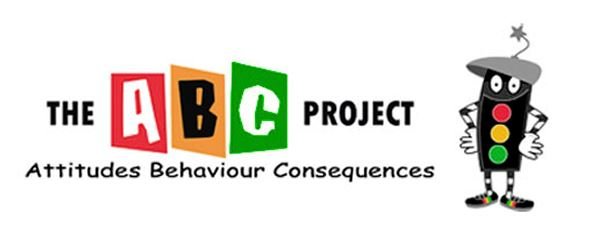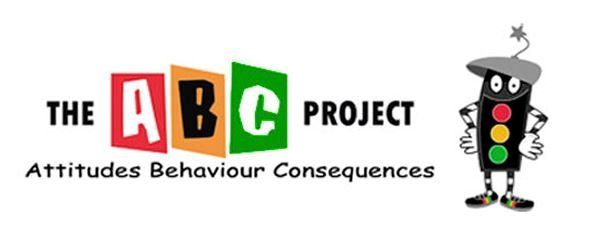

Read it!
Keeping safe in everyday situations
Drugs from the doctor or chemist
There are different types of drugs and they come in many different forms. The drugs, sometimes called medicines, that are prescribed by our doctors are legal drugs and can be a very good way to make you well when you are ill. They are for you and should not be shared with anyone else. Even though these drugs are legal they can still become addictive if not used correctly and they can seriously damage your health. Never leave medicines lying around because young children may mistake them for sweets
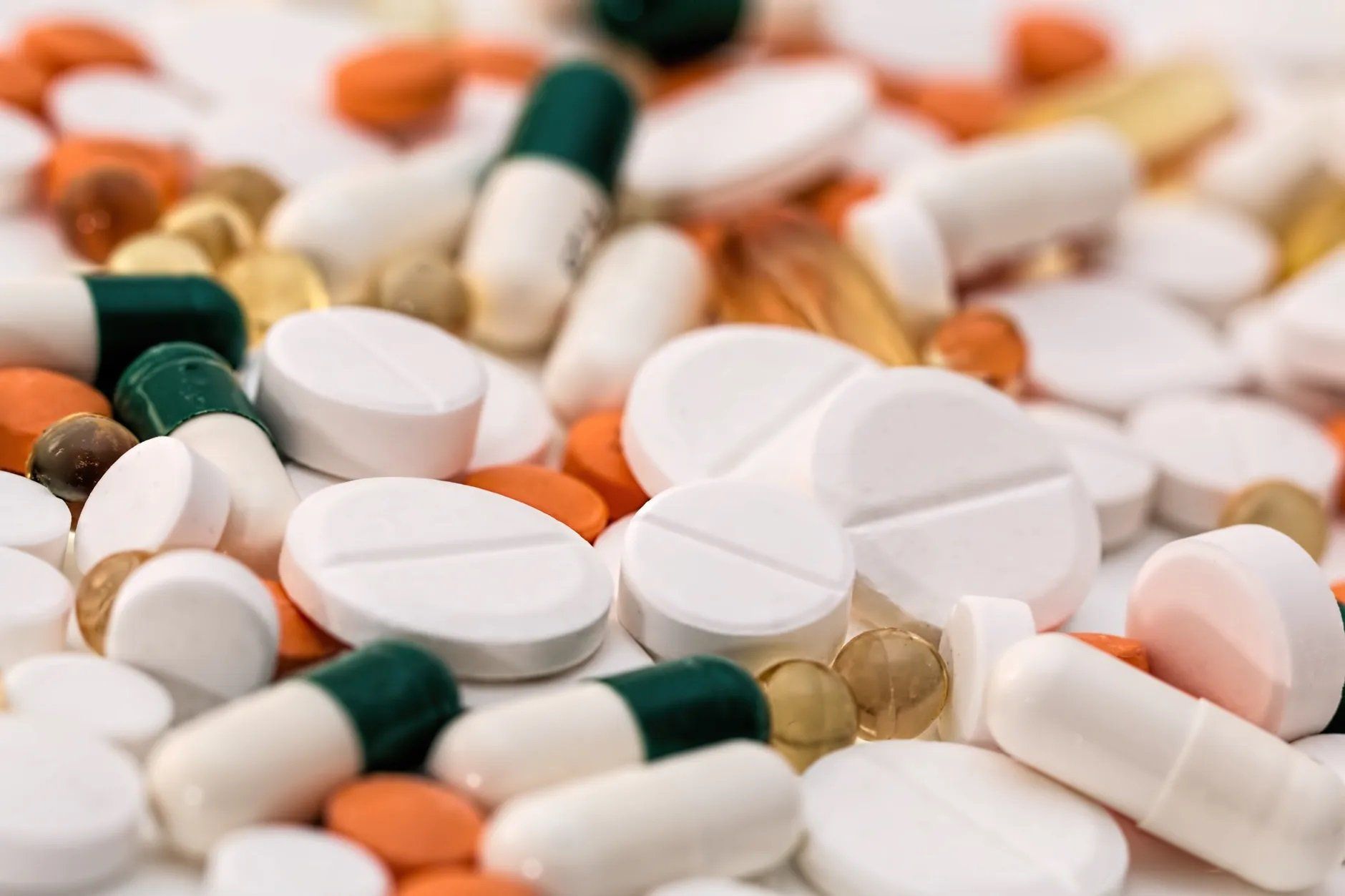
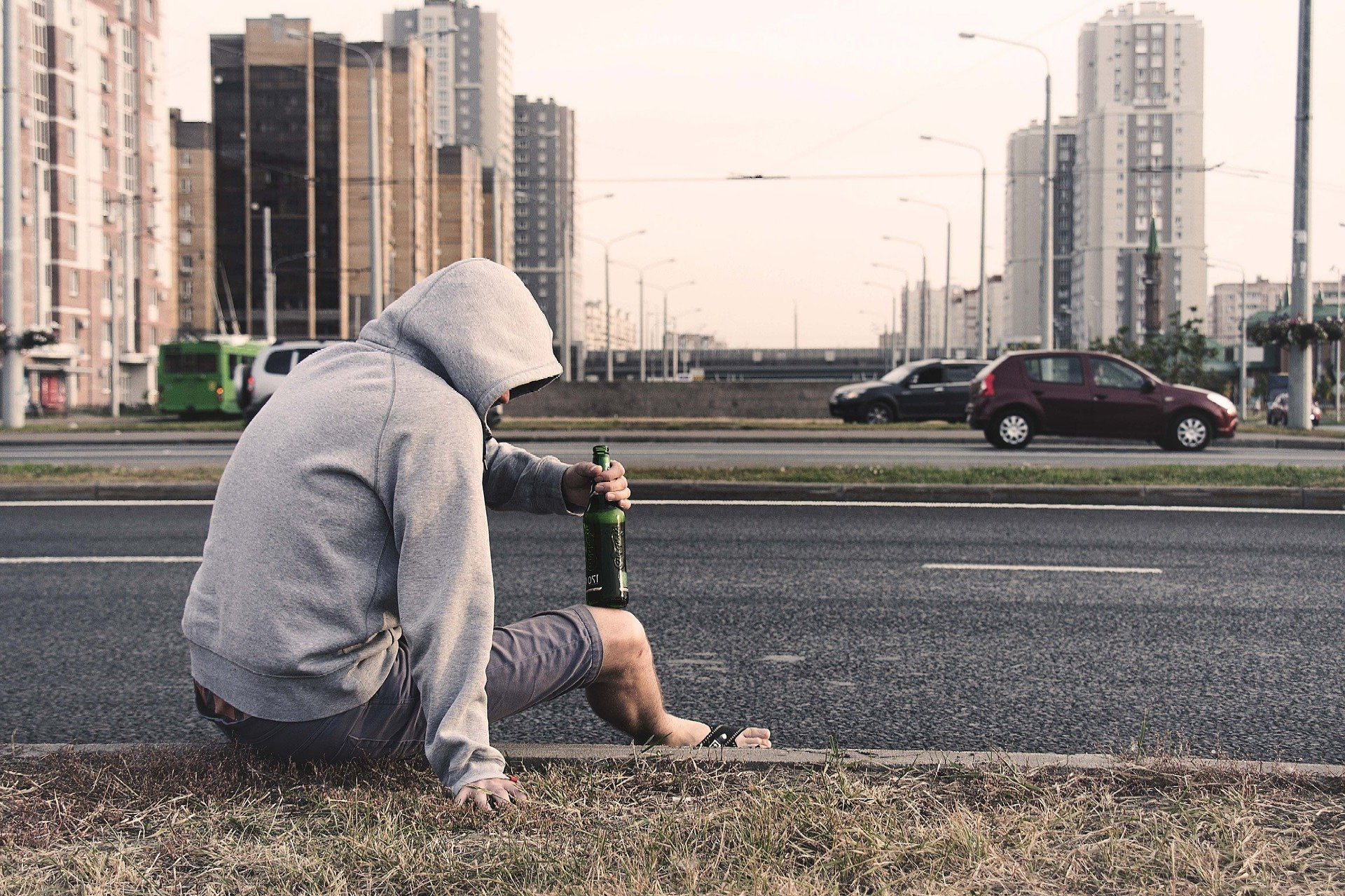
Illegal Substances
Illegal drugs like cannabis (hash), ecstasy, speed (amphetamines), cocaine and heroin are very addictive and very dangerous. They may damage your health so that a doctor can not make you well again. Also, when people are under the influence of drugs, they may not be able to control what they do or what happens to them.
Becoming addicted to any drugs, even those that are legal, such as medicine, may make you behave in unusual ways if you do not follow the instructions correctly. Sometimes, people who are addicted to unlawful drugs will steal to get money so they can buy more drugs. The need to have more drugs is too powerful for them to resist. The person knows that they should not steal but their addiction takes control of what they do. Of course, that does not mean that it is right to steal but it does show what might happen to someone who becomes addicted to unlawful drugs or to something else.
Some unlawful drugs (Hallucinogenic) make people imagine they are able to do things that are impossible or can only be done with a lot of skill and training. In trying to complete the tasks, the person misusing the drugs may be seriously injured. An example would be a person who, because they have taken certain unlawful drugs, imagines they are a tightrope walker (but have absolutely none of the skills needed). In trying to walk on a tightrope they are likely to fall off and hurt themselves.
Alcohol
Alcohol is a legal drug. If it is misused it can seriously damage your health. A person who has drunk too much alcohol may make poor decisions, may be unsteady on their feet and be likely to stumble and fall much more easily than someone who is not intoxicated (drunk).
If a person falls in the street and hits their head on the hard ground, they might cause themselves a serious injury. If their judgement is affected by being drunk, they might misjudge the speed of traffic and step out into the roadway when it is not safe to do so.
Sometimes people decide to go for a swim after drinking too much alcohol and find themselves in difficulty in the water, occasionally, they become so confused they end up drowning.
For more advice to UK residents on the dangers of alcohol please look
here
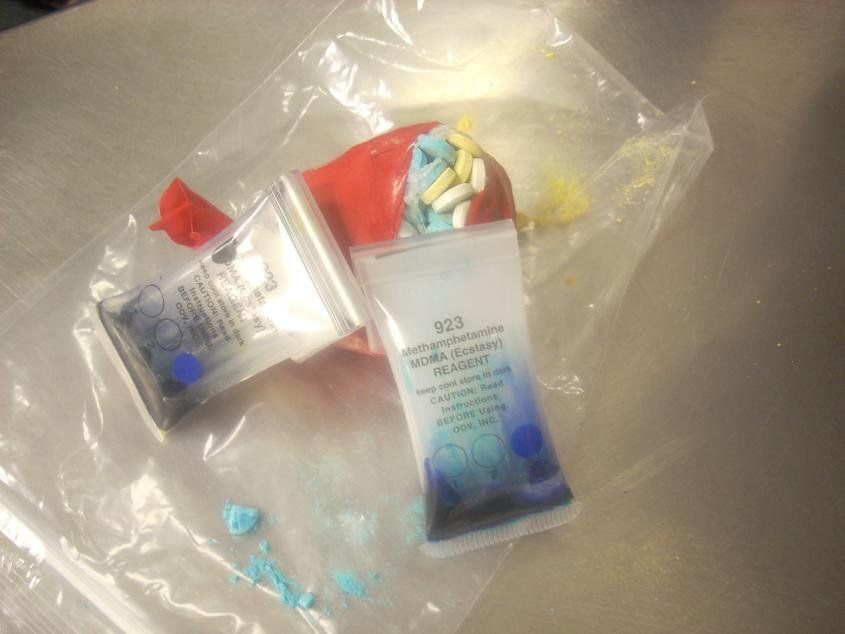
Alcohol and Ages
This is a guide for information only and not a full statement of the law in the UK
18 years or over
May purchase and consume alcohol where it is lawful to do so
Commits an offence if they purchase alcohol for a person under 18 years of age [For exception, see entry for 16 or 17 years, below]
Under 18 years
Cannot purchase alcohol, drink it in a bar of licensed premises, or purchase it in an off licence
Must not be sent to off licence to obtain alcohol for anyone, whatever the age of the person sending
Cannot work in a bar
selling alcohol
16 or 17 years
Can consume beer, wine or cider with a table meal in the proper part of licensed premises and is accompanied by someone 18 years or over
Under 5 years
Must not be given alcohol with certain exceptions
(NB: Purchase includes attempting to purchase. Table meal means at a table or bar used for the consumption of food by people who are seated at the table or bar and no one else)
For more information about the law in the UK follow the link below
www.legislation.gov.uk/ukpga/2003/17/contents
Travelling on public transport, on foot, or cycling
On buses
Sit near the front near the driver if you are travelling alone. A young person travelling alone should always sit near the driver. You can speak to the driver in an emergency, if someone is pestering you or making you afraid. If someone sits next to you and makes you feel uncomfortable move to another seat providing you remember to keep near the driver. The driver has a responsibility to keep his or her passengers safe as well as driving the bus safely.
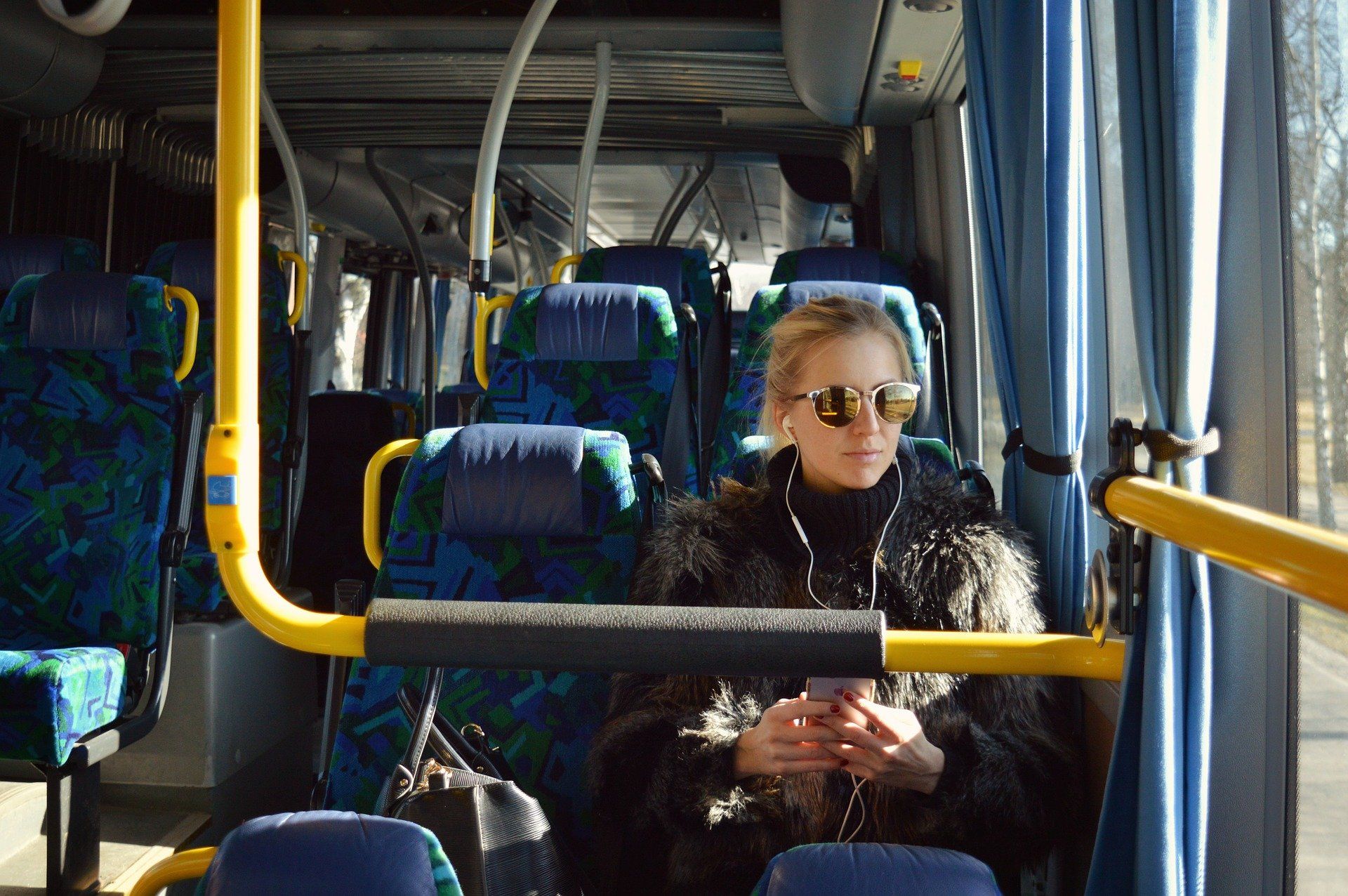

By rail
If possible, avoid choosing a carriage where you will be alone. A young person travelling alone will be safer if they are able to choose a seat in a carriage where there is a mixture of people, especially parents and children. In most, but perhaps not all, trains, a passenger is able to move through the carriages, going from one to another. On some underground trains, it is not possible to move from carriage to carriage, except by changing when the train is in a station and you can exit onto the platform. In the UK, there is an emergency signal in each carriage, often referred to as the 'emergency cord'. You can pull that in an emergency to let someone know that you are in immediate danger.
Cycling
- Do make sure your bike is safe
- Have an adult check it regularly
- Do wear a cycle helmet
- Do wear reflective clothing to make you more easily seen
- Do carry bags that are not heavy and wear both shoulder straps
- Do stay alert to all around you
- Do not text or use headphones
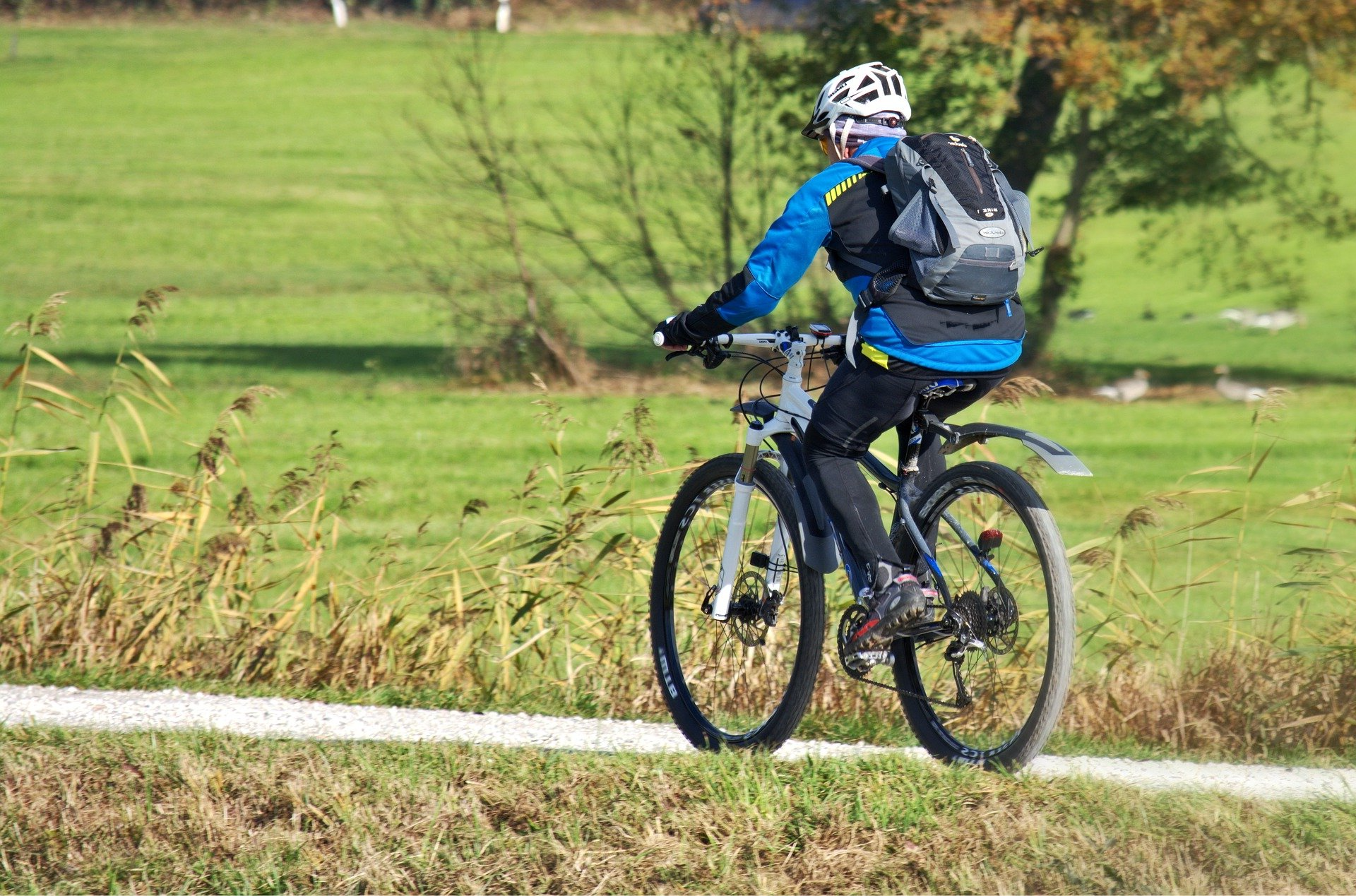
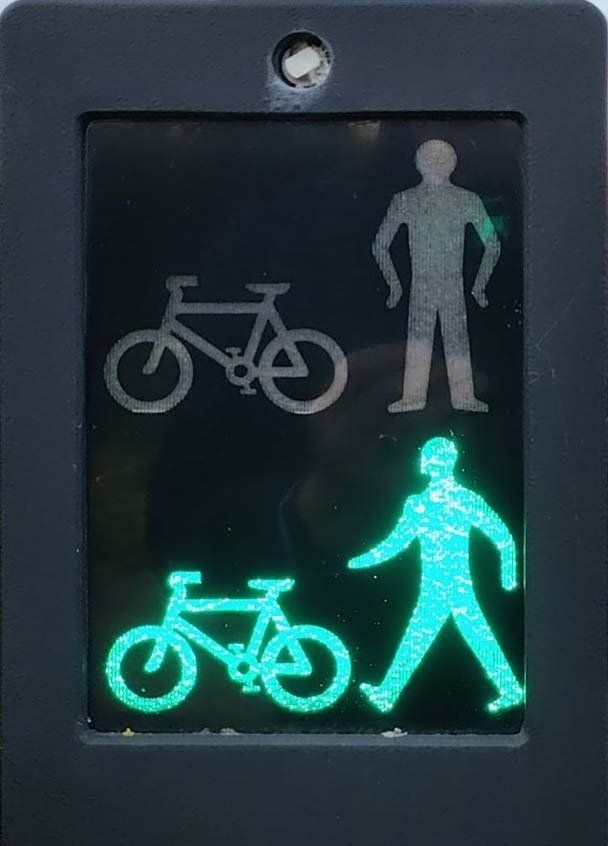
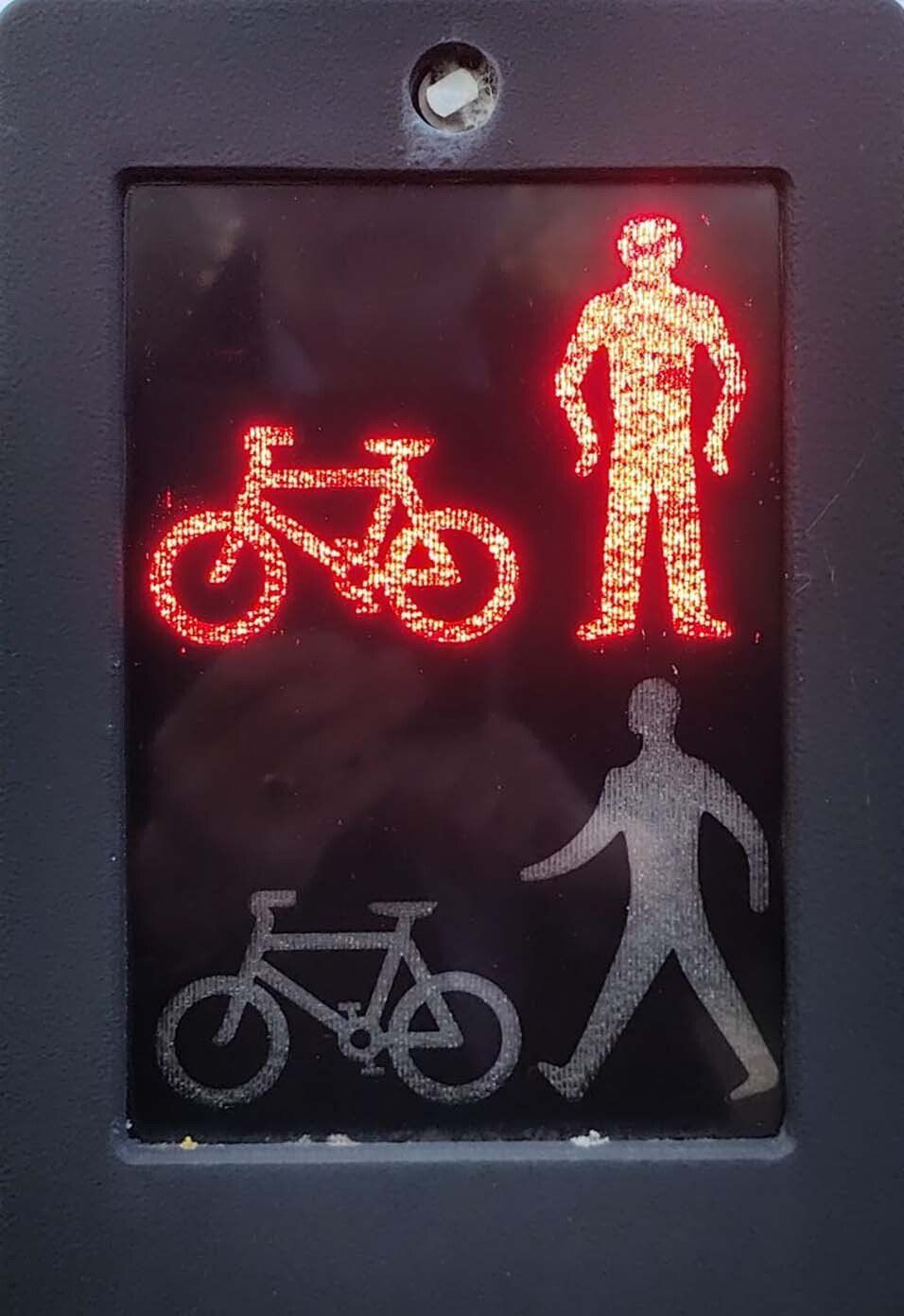
Walking (a pedestrian)
- Do walk with a friend, if possible
- Do use pedestrian crossings
- Do use the Green Cross Code
- Do wear reflective clothing, especially during hours of darkness
- Do cross where there are no cars parked
- Do stay alert to all around you
- Do not text or use headphones
For a full guide, see the Highway Code here
Open Government Licence (nationalarchives.gov.uk)
Keeping safe at home
Home alone
If you are at home alone, here are some simple rules that will keep you safe:
- keep doors and windows secure
- Do check who is at the door before opening it
- Never open the door to someone you do not know
- Keep away from any source of danger: e.g. cookers, matches, knives
- Do avoid telling anyone you are home alone
- Follow the family rules about having friends over
- Do not leave home without permission from parents/guardians
- Do know where to find telephone numbers
- Keep important numbers in your mobile phone contacts
- Do know how to use the 999 (emergency) system
- Practice with your family so you know how to use the system
(Do NOT dial the emergency number when you are practising)
Remember, these are only guidelines and not a FULL list of dangers or safety measures.
Here is advice about being home alone from the NSPCC
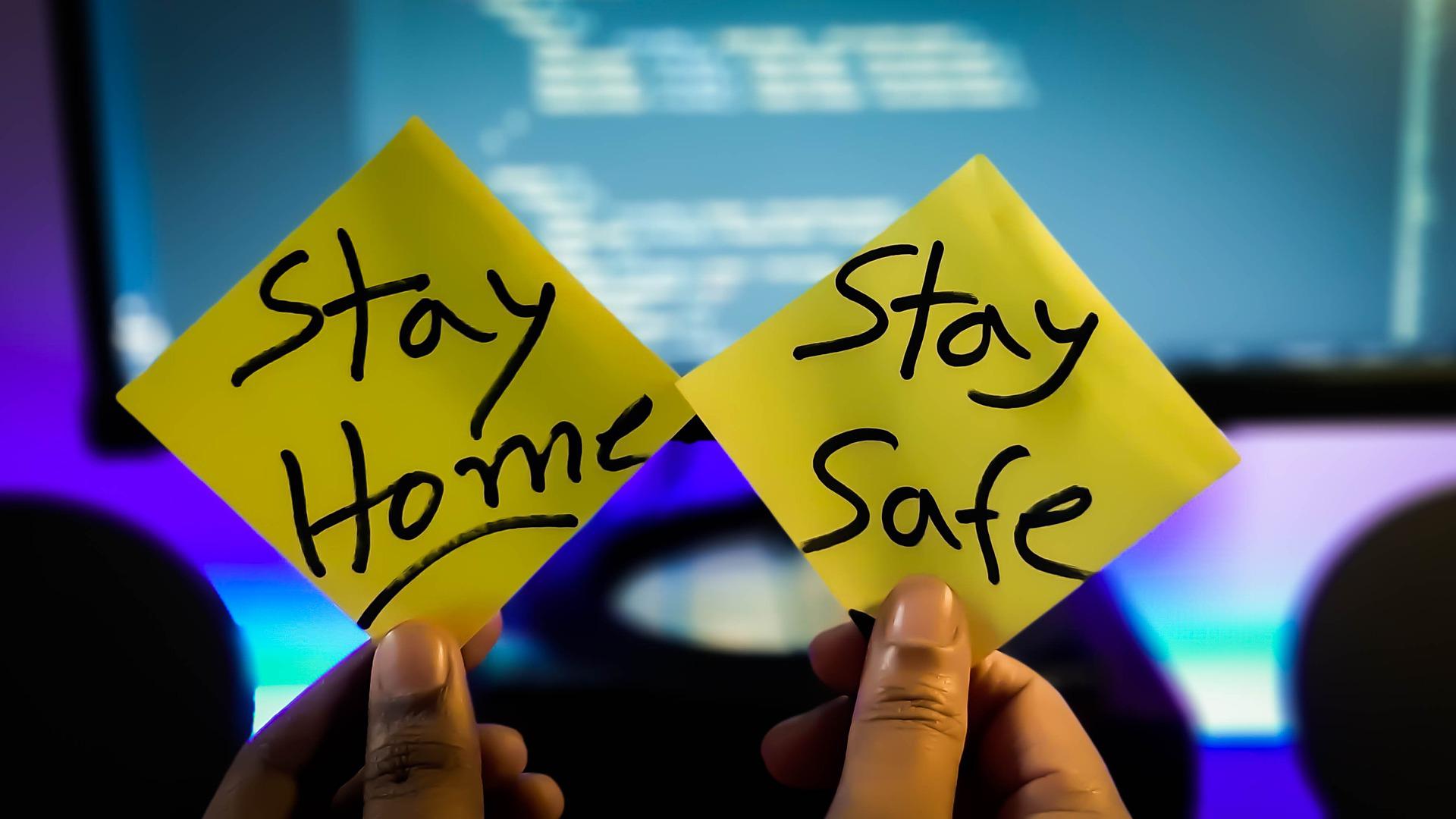
Using the internet or social media
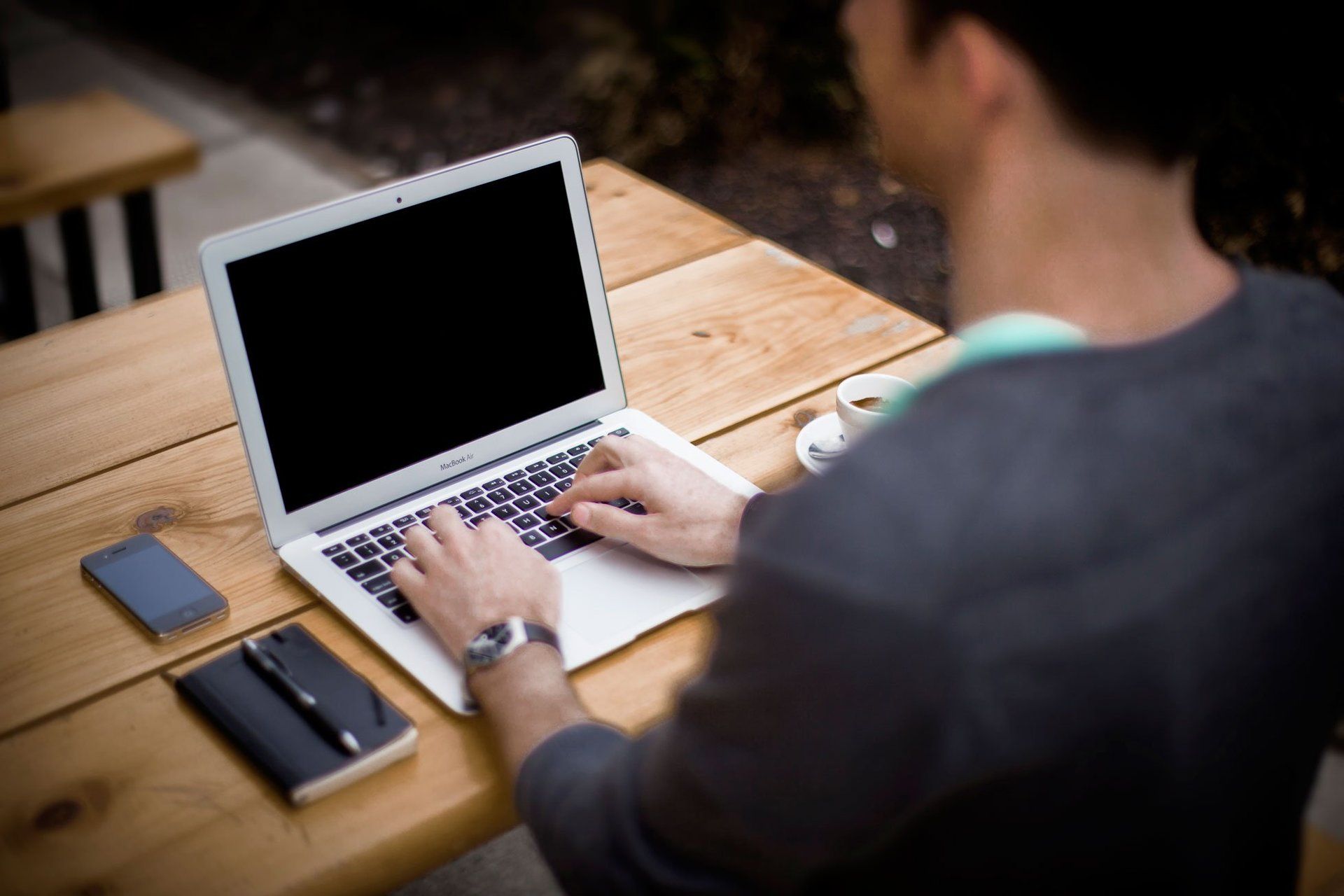
Always get permission from a parent/guardian
- Before you use the internet and then…
- Before you pass on any personal information
- Before you send a picture to anyone
- Before you agree to meet a friend
- Before you register your details on any site
If you receive a message you do not like
- Do keep a copy
- Do tell
- A parent or carer or
- An adult you know and trust
- Do ignore the message by not replying
For more information for parents/guardians please look here
NEVER agree to meet anyone you know ONLY online
Test it!
When you think you have learned all the information about
'Keeping Safe' click the Test It! button opposite to test yourself
